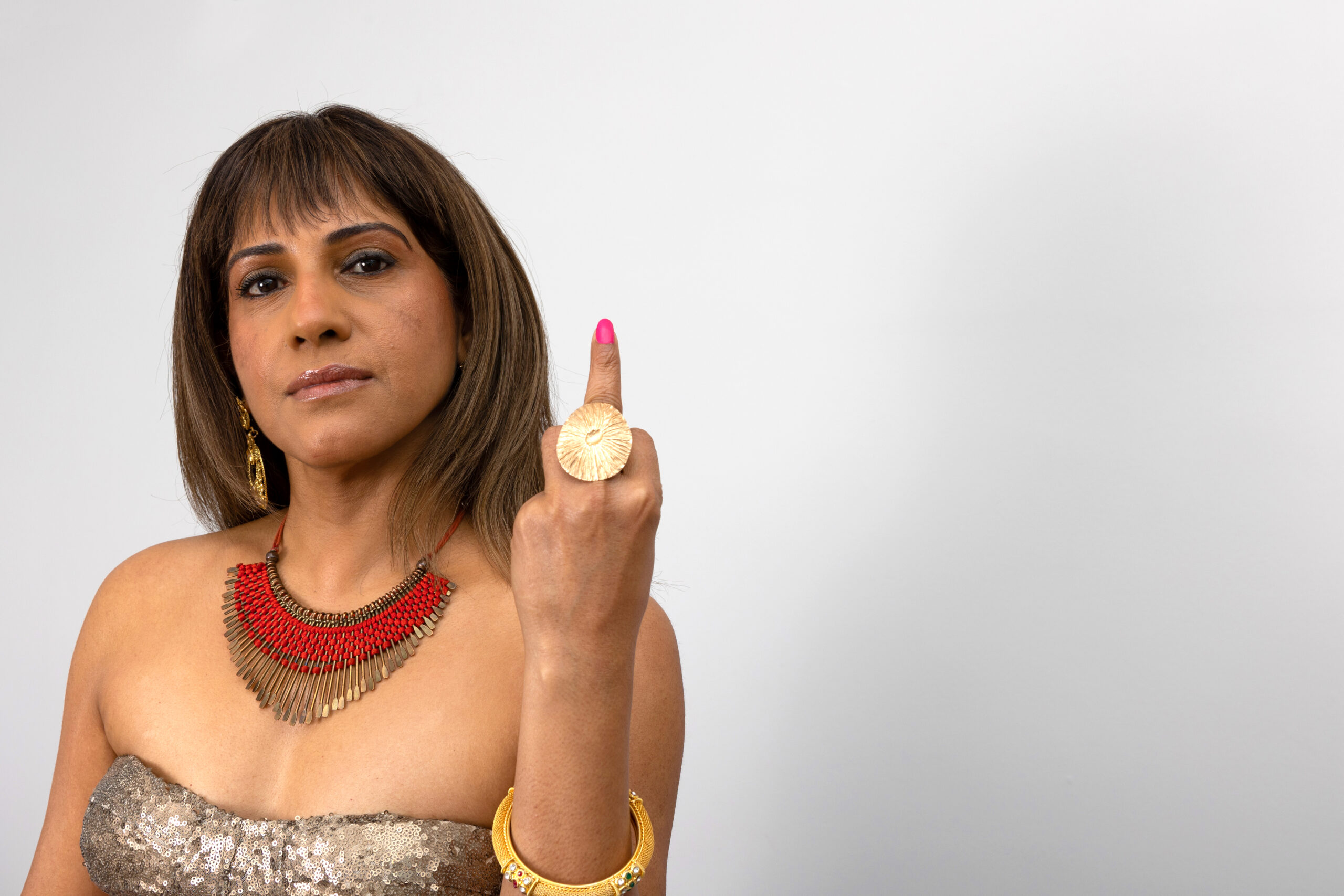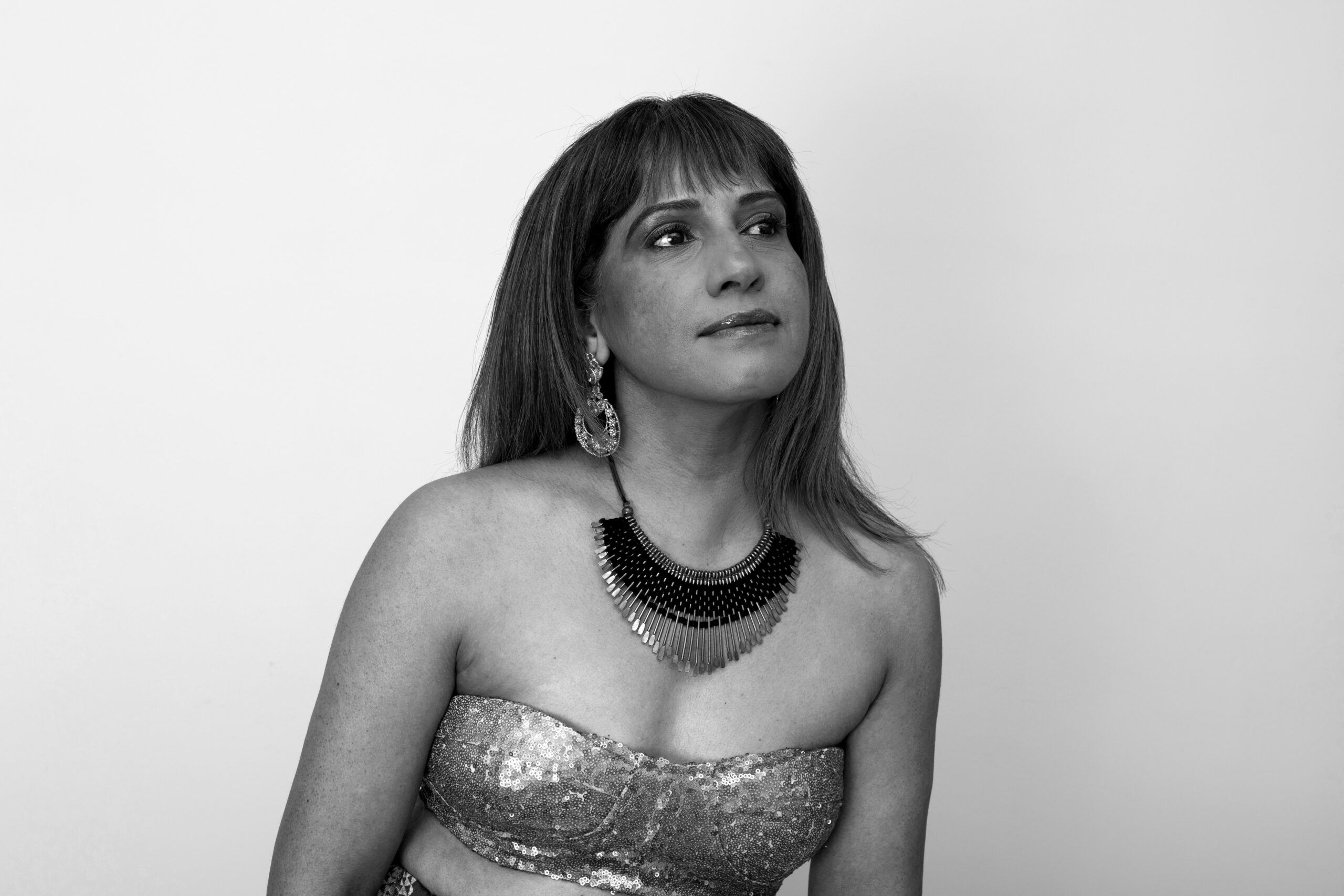I was 24 when I realised I’d never made a single decision based on what I actually wanted.
It happened when I worked in a swanky Bombay (as it was called then!) advertising agency. I was offered another job at an even swankier agency. The interview went well and they really wanted me. But guess what I did? I was so unsure of myself that I asked all twenty of my colleagues whether I should take the new job or stay.
I literally sought advice from every other person about something that should’ve been my decision entirely.
Why? Because back, I was such a people pleasure, sure a “good girl” that I totally outsourced my worth to the outside world.
THE GOOD GIRL RULES
You know the rules. We all learned them before we could even walk properly:
- Don’t be too loud.
- Don’t take up too much space.
- Don’t want too much.
- Don’t be difficult.
- Don’t make anyone uncomfortable.
- Always put others first.
- Be grateful for whatever you get.
- Smile even when you don’t feel like it.
These rules get drilled into us from day one. And here’s the thing – nobody asks if we want to follow them. They’re just handed down like some kind of sacred law.
My mum used to say, “Good girls don’t complain.” So I learned to swallow my feelings. My teachers praised me for being “such a good listener” – which really meant I never spoke up in class. My friends loved that I was “so easy-going” – because I never said no to anything, even when I was dying inside. Being good got me approval. It got me love. It got me praise. But it also got me a life that didn’t feel like mine.
WHAT BEING GOOD ACTUALLY COSTS YOU
Here’s what nobody tells you about being the good girl: it’s expensive as hell.
- You pay with your voice. Every time you bite your tongue instead of speaking up, you lose a piece of yourself.
- You pay with your dreams. Because good girls don’t chase wild dreams – they’re practical and sensible and grateful for what they have.
- You pay with your energy. Constantly managing everyone else’s feelings is exhausting.
- You pay with your body. All that swallowed anger and suppressed frustration has to go
- somewhere. For me, it showed up as panic attacks, mental health issues, depression and anxiety.
- You pay with your relationships. Because when you’re always saying yes, people never get to
- know the real you. They fall in love with your performance, not your person.
I remember the exact moment I realized how much being good was costing me. I was at a friend’s birthday dinner, and she was talking about this amazing trip she was planning to India. I felt this surge of jealousy – I’d always wanted to go back to India, to explore my roots properly. But instead of saying “That sounds incredible, I’d love to do something like that,” I heard myself say, “Oh, I could never afford something like that. Besides, I’m too busy with work.” Good girls don’t admit to wanting things they can’t have. Good girls don’t show envy. Good girls are content with their lot. But I wasn’t content. I was dying inside.
THE MOMENT EVERYTHING CHANGED
The day I decided to stop being good was the day my life actually began.
It wasn’t dramatic. I didn’t burn my bras or tell everyone to go screw themselves. I just started
small.
I said no to a work event I didn’t want to attend. I ordered what I actually wanted at a restaurant
instead of the cheapest thing on the menu. I told a friend I was hurt by something she’d said
instead of pretending it was fine.
Each tiny rebellion felt terrifying. My good girl brain was screaming: “What will people think?
They’ll stop loving you! You’re being selfish!”
But you know what happened? Nothing terrible. The world didn’t end. People didn’t hate me.
In fact, something amazing happened. I started to feel alive again.

